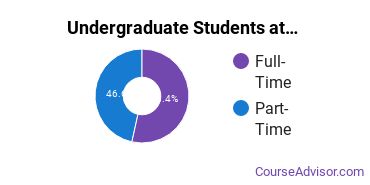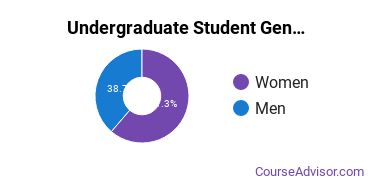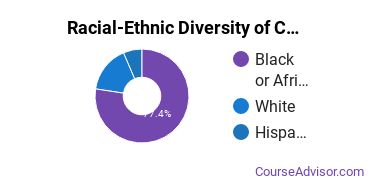Charlotte Christian College and Theological Seminary Overview
Charlotte Christian College and Theological Seminary is a private not-for-profit institution located in Charlotte, North Carolina. The city atmosphere of Charlotte makes it a great place for students who enjoy having lots of educational and entertainment options.
What Is Charlotte Christian College and Theological Seminary Known For?
- CCCTS has an impressive student to faculty ratio of 4 to 1.
- Although it may not be available for every major, the doctor's degree is the highest award a student can attain at CCCTS.
- In a recent academic period25% of the faculty were full-time.
- On average, it takes about 4.0 years for students from CCCTS to earn a bachelor's degree. This is excellent when compared to the average of 4.4 years.
Where Is Charlotte Christian College and Theological Seminary?

Contact details for CCCTS are given below.
| Contact Details | |
|---|---|
| Address: | 7520 East Independence Blvd, Suite 100, Charlotte, NC 28227-9446 |
| Phone: | 704-334-6882 |
| Website: | www.charlottechristian.edu |
How Do I Get Into CCCTS?
You can apply to CCCTS online at: www.charlottechristian.edu/apply-now/
Can I Afford Charlotte Christian College and Theological Seminary?
Explore Best Ranked Schools for You
Charlotte Christian College and Theological Seminary Undergraduate Student Diversity

There are also 95 graduate students at the school.
Gender Diversity
Of the 44 full-time undergraduates at CCCTS, 27% are male and 73% are female.

Racial-Ethnic Diversity
The racial-ethnic breakdown of Charlotte Christian College and Theological Seminary students is as follows.

| Race/Ethnicity | Number of Grads |
|---|---|
| Asian | 0 |
| Black or African American | 40 |
| Hispanic or Latino | 2 |
| White | 2 |
| International Students | 0 |
| Other Races/Ethnicities | 0 |
Over 4 countries are represented at CCCTS. The most popular countries sending students to the school are Kenya, Bahamas, and Indonesia.
Charlotte Christian College and Theological Seminary Undergraduate Concentrations
The table below shows the number of awards for each concentration.
| Major | Bachelor’s | Master’s | Doctor’s | TOTAL |
|---|---|---|---|---|
| Pastoral Counseling & Specialized Ministries | 4 | 6 | 6 | 16 |
| Biblical Studies | 2 | 1 | 0 | 3 |
| TOTAL | 6 | 7 | 6 | 19 |
References
*The racial-ethnic minorities count is calculated by taking the total number of students and subtracting white students, international students, and students whose race/ethnicity was unknown. This number is then divided by the total number of students at the school to obtain the racial-ethnic minorities percentage.
- College Factual
- National Center for Education Statistics
- Image Credit: By Djkeddie under License
More about our data sources and methodologies.
